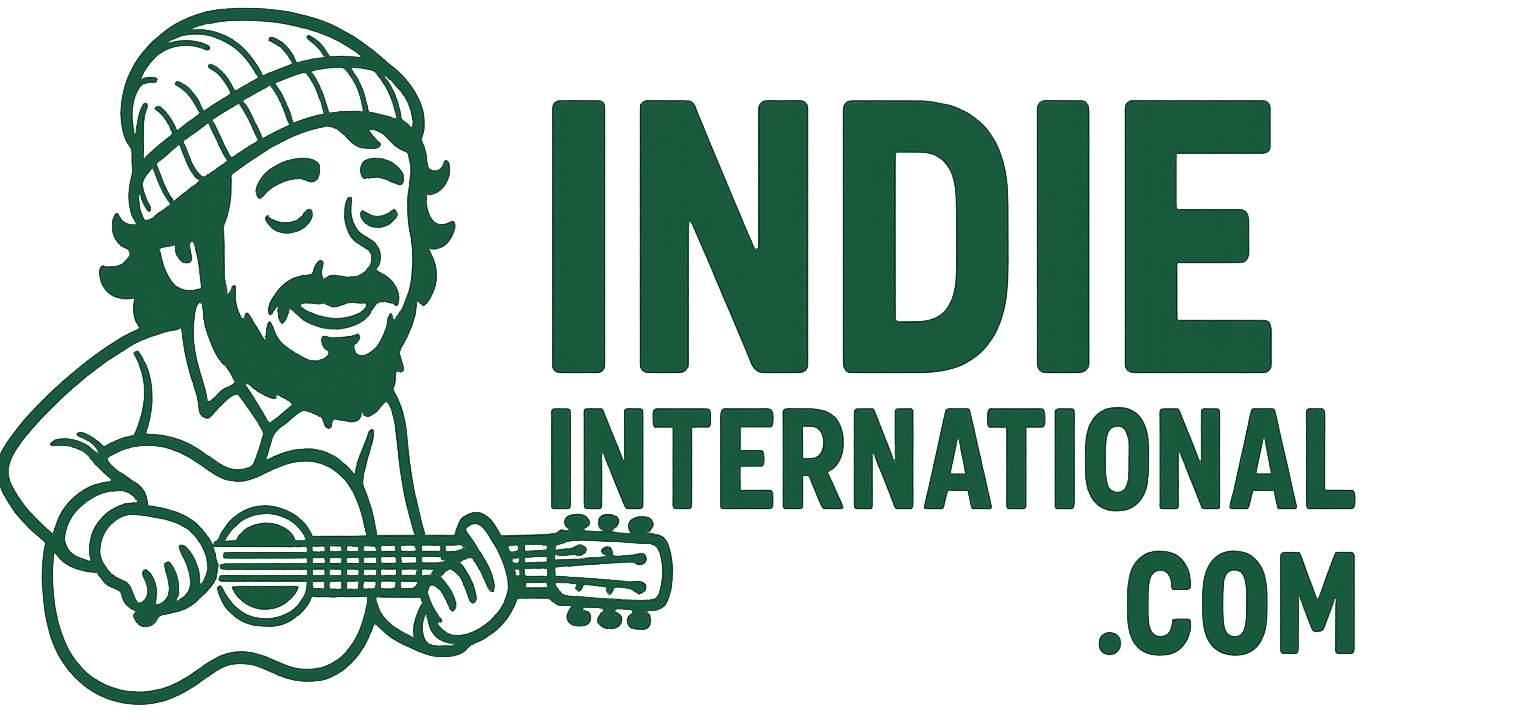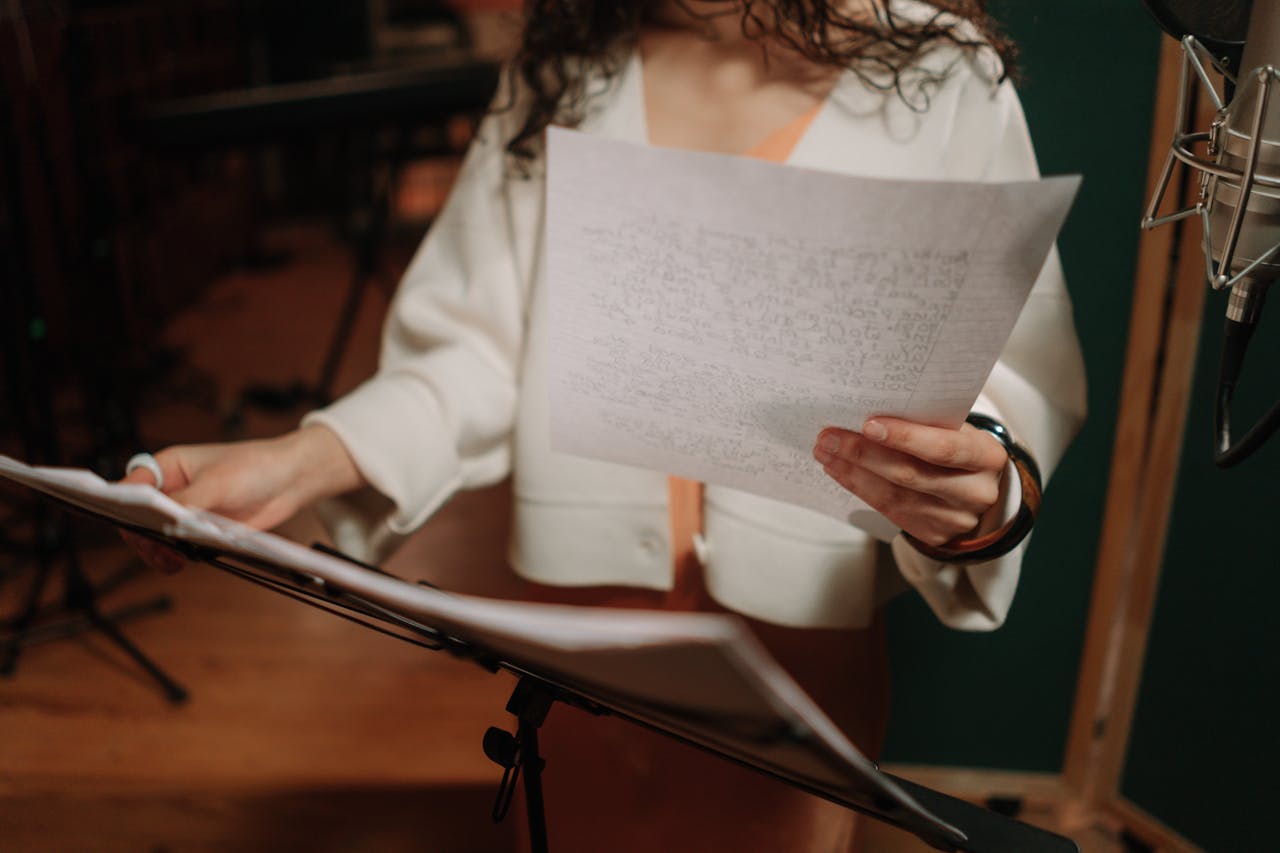I’ve written hundreds of lines in my life, but there’s one lyric that has stayed with me more than any other. It wasn’t just a piece of songwriting; it was a moment of truth that came out of me almost without my permission. When I think about The Story Behind My Most Emotional Lyric, I remember not just the song, but the exact place I was sitting, the way the air felt, and the way my hands trembled as I wrote it down.
It’s strange how a single line can carry the weight of an entire chapter of your life. This one came from a place so deep that even now, performing it can leave me fighting to keep my voice steady. It’s become more than just words in a song , it’s a fragment of my own heart, preserved in melody.
The Moment It Happened
I was alone late at night with my guitar resting across my lap. The room was quiet except for the faint hum of an old lamp. My mind was heavy with a mix of loss, longing, and something I didn’t even have a name for at the time. Without planning, I strummed a progression I’d never played before. It was simple, fragile, and slightly haunting.
The lyric came in one breath, almost like it had been waiting inside me for years. I didn’t edit it, didn’t polish it. I just let it be exactly as it arrived. My hand shook as I wrote it in my notebook because I knew I had just captured something that wouldn’t happen twice.
What Inspired The Line
The Story Behind My Most Emotional Lyric isn’t just about an event , it’s about the breaking point that event caused. I’d lost someone I loved deeply, not to death but to distance and time. The relationship had been fading for months, and I had tried everything to hold on. But the truth was, I was clinging to a version of them that no longer existed.
That realization was brutal. I didn’t want to write about it at first because putting it into words would make it real. But music has a way of pulling the truth out of you whether you’re ready or not. That lyric became the exact moment I admitted to myself that it was over.
The Power Of Simplicity
The line itself is short. It doesn’t use clever wordplay or elaborate metaphors. Instead, it says exactly what I felt in the plainest way possible. That’s what made it powerful. I’ve found that the more personal and raw something is, the less it needs decoration.
In the past, I might have tried to dress it up, to hide the vulnerability behind poetic layers. But this time, I didn’t care about sounding poetic , I cared about being honest. That choice made all the difference.
Writing Through Tears
I’ve cried while writing before, but not like this. These weren’t quiet, controlled tears. They were the kind you can’t hide, the kind that make your voice crack when you try to hum the melody. I had to stop playing more than once because I couldn’t see the page through the blur.
And yet, in that emotional chaos, I felt completely clear. Every note, every word felt inevitable. It was as though the song was guiding me rather than me guiding the song.
Sharing It For The First Time
I kept the song to myself for weeks. Every time I thought about sharing it, my chest tightened. The Story Behind My Most Emotional Lyric was still too raw, too tied to wounds that hadn’t healed. But eventually, I played it for a close friend who had been there through the hardest parts of my life.
They didn’t speak when I finished. They just hugged me. That hug told me more than any critique or praise ever could. It reminded me that music is, at its core, a way to connect with people beyond words.
How It Changed My Songwriting
That one lyric shifted the way I approached writing forever. I stopped worrying so much about whether a song sounded “commercial” or “marketable” and started focusing on whether it told the truth. I learned that truth resonates more deeply than perfection ever will.
Even in songs that aren’t as personal, I now aim to keep at least one moment that feels undeniably real to me. The audience might not know which line it is, but I think they can feel it.
The Listener’s Perspective
When I finally recorded the song and played it live, I noticed something I hadn’t expected. People reacted in complete silence during that particular lyric. It was the kind of silence where you can almost hear everyone breathing in sync.
After shows, strangers would approach me and mention that line specifically. They’d tell me about the people they’d lost, the relationships they couldn’t save, the nights they’d spent replaying old memories. It was humbling to realize that my deeply personal pain had become a mirror for others.
The Role Of Vulnerability
The Story Behind My Most Emotional Lyric taught me that vulnerability isn’t weakness , it’s an invitation. By letting people see the part of me I usually keep hidden, I gave them permission to connect with their own hidden places.
That’s the beauty of songwriting. You can take something that feels unbearable and turn it into something that makes another person feel less alone. In that way, music can transform pain into connection.
Performing It Now
Years have passed since I first wrote that lyric, but performing it is still a balancing act. Some nights, I can sing it without breaking. Other nights, the emotion hits me fresh and I have to fight to keep my composure.
The audience can always tell when that happens, and I think they appreciate it. They see that the song isn’t just a performance , it’s still alive for me. It’s still telling the truth.
What I Learned About Myself
Writing that lyric revealed things about myself I didn’t know. I learned that I have a tendency to hold on too tightly to things I should let go of. I learned that music is my way of processing feelings I can’t articulate in conversation. And I learned that sometimes the best thing you can do as a songwriter is to step aside and let the song write itself.
Why I Wouldn’t Change A Word
If I went back now, I wouldn’t change a single syllable. The imperfections in the line are part of what makes it real. Polishing it would strip away the exact thing that makes it meaningful.
That lyric is a snapshot of a moment in my life, frozen exactly as it was. Changing it now would feel like rewriting history, and I have no desire to do that.
The Ripple Effect On Other Songs
After writing that song, I noticed a ripple effect in my work. I became more comfortable addressing difficult topics head-on. My writing became more direct, less afraid of silence, and more willing to let a song breathe.
Listeners started telling me they felt more connected to my newer work, and I think it’s because that lyric taught me to write from the core, not from the surface.
How I Carry It Forward
Whenever I’m stuck in the middle of a song now, unsure if I should include a line that feels too personal, I remember The Story Behind My Most Emotional Lyric. I remind myself that the lines that scare me the most to share are usually the ones people need to hear.
It’s not about making every song a diary entry. It’s about finding the truth inside the story and letting it show.
Final Reflection
That lyric will always be special to me. It’s a reminder of who I was, what I felt, and how music can preserve a moment long after it’s passed. The Story Behind My Most Emotional Lyric isn’t just about one song , it’s about learning to trust my voice, even when it shakes.
If there’s one takeaway for anyone reading this, it’s that your most emotional line might come when you least expect it. And when it does, don’t hide from it. Let it out. Let it live. You might be surprised at how much it speaks , not just to you, but to everyone who hears it.

